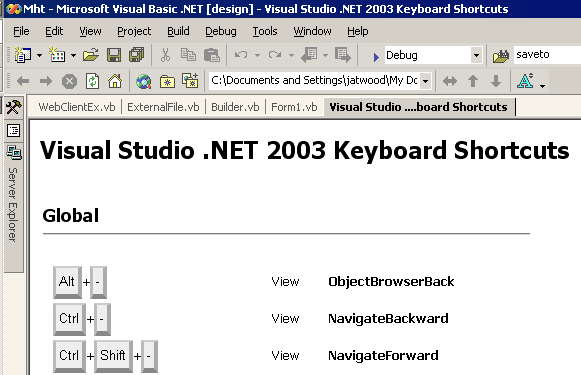c++
Despite the incredible slowness and the sparseness of features, this is really really cool
If you were about to throw out your C++ compilers because of my post on the productivity benefits of managed code and scripting languages, hold your horses. Although managed code is pretty darn fast, sometimes performance still comes first. As Ole Eichorn points out in the comments: [You said] “given





